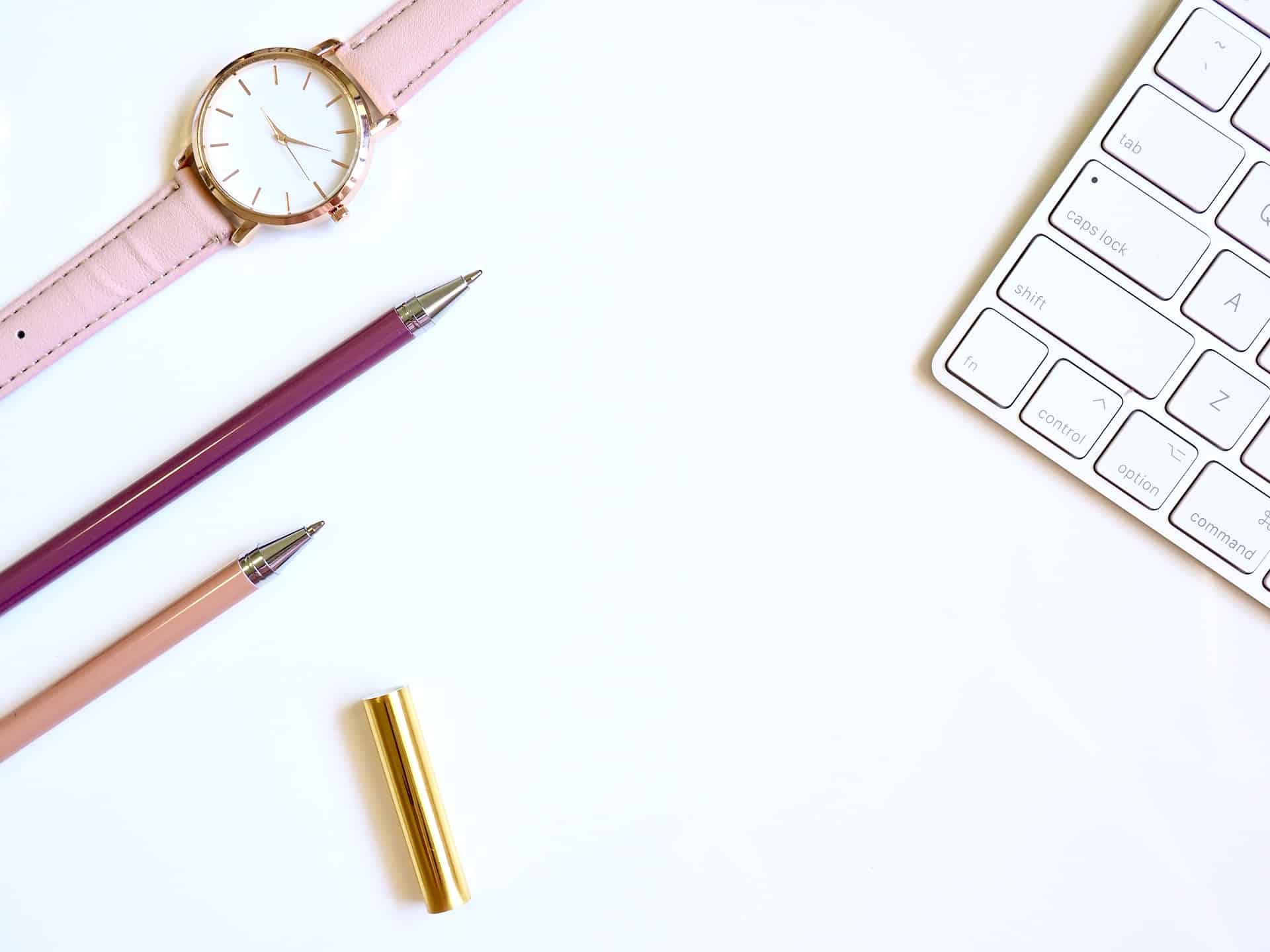Micro Biz Mag recently conducted a survey which looked into the prevalence of work-related burnout, and out of the 1,000 people asked, as much as 22% had experienced burnout. Everyone feels the pressure, to some degree, to outperform, set higher and higher goals, chase promotions etc. and in the ‘plugged in’ world we live in where we have access to emails around the clock, in or out of the office, it’s easy to overdo it and reach burnout.

This year has been especially challenging for everyone around the world. Due to the COVID-19 pandemic, many people are working from home and for many women working in tech, this has meant fresh challenges between balancing work and home life. Now is as an important time as ever to dedicate time to rest and self-care.
Here are our self-care tips for women in tech:
1. Switch off the tech!
Smartphones and other similar tech have made it so easy to be available for work outside of work hours. Whilst it can be useful to respond to emails earlier or later than you might do when restricted to only having access in the office, if the balance between work and personal time starts to tip, it can lead to added stress and even burnout. There’s surmountable evidence that also suggests that the blue light from phones and tablets can be detrimental towards sleep quality, so it’s recommended not to look at your phone at least an hour before bed.
2. Set boundaries
One of the most impactful steps to take to prevent reaching burnout is to adopt the ‘prevention is better than cure’ approach to your workload. It’s easier said than done, but setting boundaries for yourself such as ensuring that you don’t look at emails and step away from your desk over lunch, or not saying yes to more than you can realistically do in a day or a week, is an important act of self-care when it comes to navigating work and personal life. A recent article published in Psych Central looked into setting healthy boundaries at work and one piece of advice in that article was to ensure that any boundaries are properly communicated to colleagues. This is especially important and relevant in the current climate whereby a lot more people are working from home because if colleagues are aware of each other’s availability, it leaves less room for frustration or crossed wires.
3. Utilise productivity apps
Smartphones certainly have their pros and cons when it comes to self-care. Whilst our phones mean we have constant access to work emails and it can be hard to fully switch off and take a break, they can also be utilised for optimising productivity and saving time. Over the past four years, there have been over 200 billion app downloads, and this statistic demonstrates the value apps are bringing to our lives. Apps that encourage self-care such as meditation and mindfulness apps like Headspace, apps that help with organising personal finances or even apps such as Memrise that encourage learning a second language are all ways to turn our phones and tablets from stressors to self-care aids.
Whether you’re working in an office, or remotely, it’s important to take a step back and evaluate how much self-care is a priority over our ever-growing to-do lists and inboxes. We’re living in a digital age where we’re constantly plugged into technology, we’re expected to always be available via smartphone technology and encouraged to work harder than we ever have before because of the advanced tech available to us. However, being hyper plugged in is not conducive to long term productivity and using tech with more intent, purposely making time to switch off, and remembering that self-care is sometimes not answering emails the second they land in our inboxes, are sustainable ways to maintain a healthy work-life balance and boost productivity in the long term.
To read more about sustaining a work-life balance, click here.



